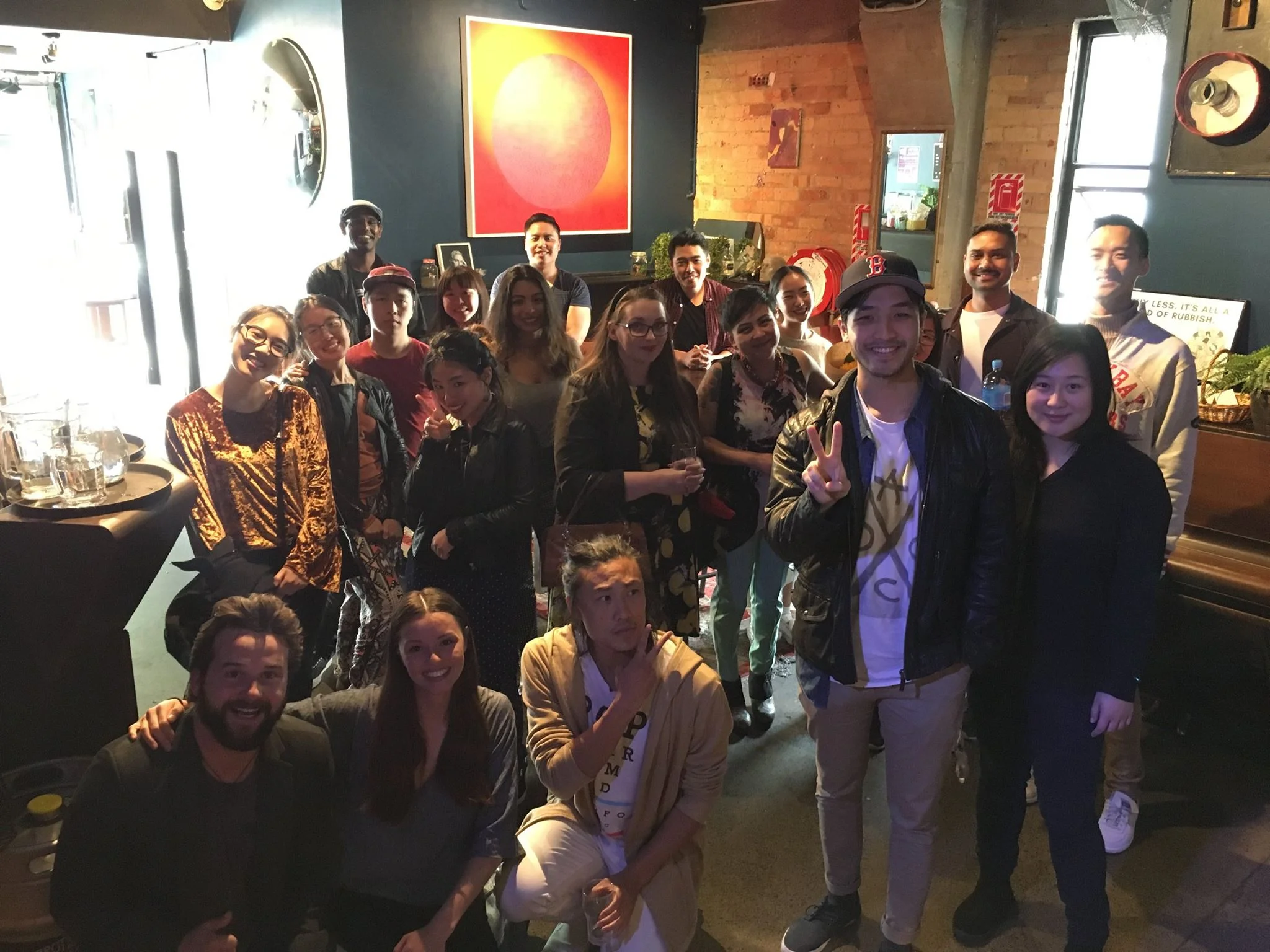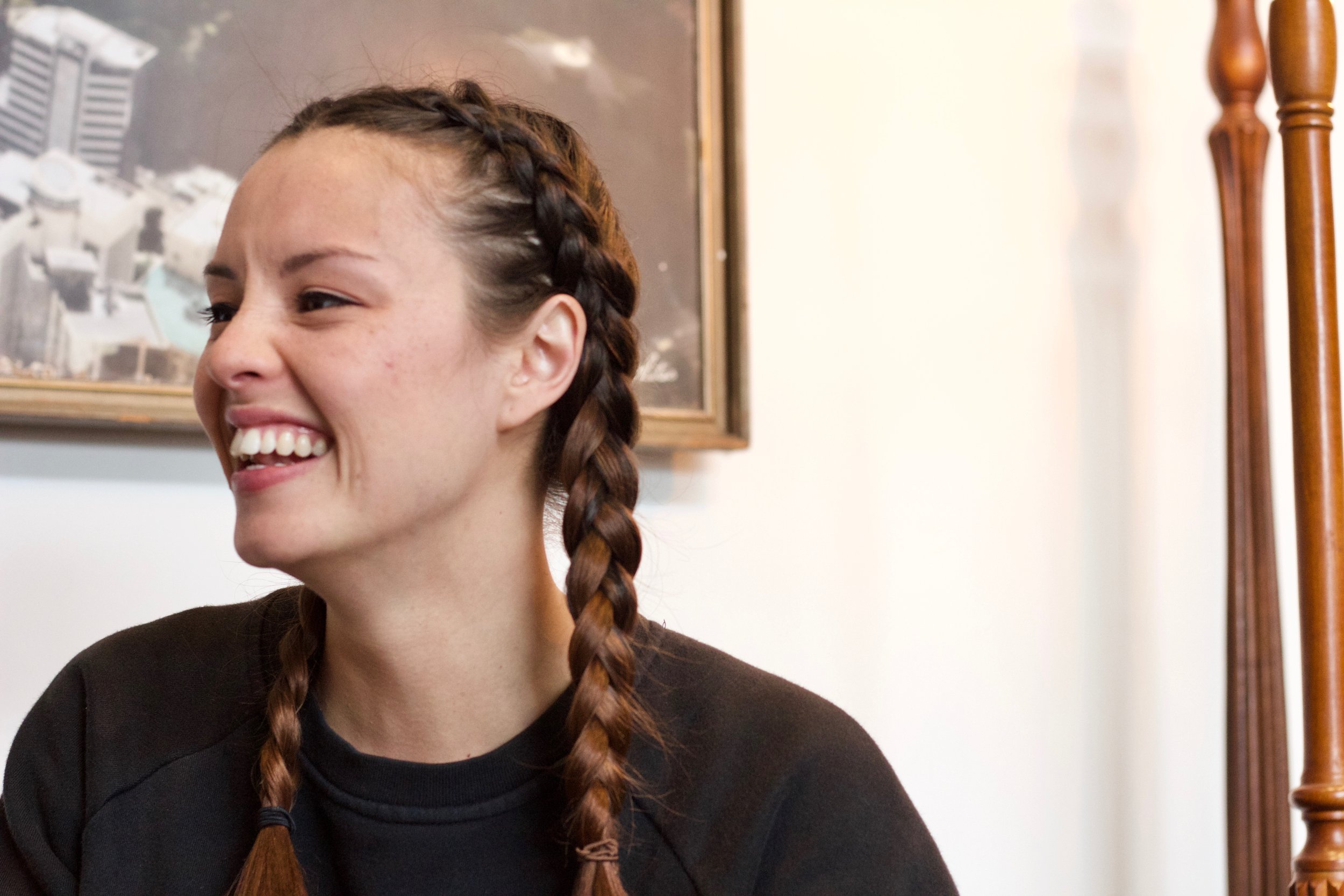The Roots of Design
Lindsay Yee is a graphic designer who works closely with Proudly Asian Theatre including creating the poster for the upcoming production of Roots. We pick his brain about his own heritage and design approaches.
What are your own roots and do you feel connected to them?
My family comes from Aotearoa, Mainland China, and Hong Kong. My mother was born in Hunan but grew up in Guangzhou like many immigrants to New Zealand. My father was born in Oamaru, his parents, and grandparents (my great grandparents) also lived in New Zealand, but moved between China (They are Taishanese 台山话 hence the Yee not Yu, 余), Hong Kong, and New Zealand. My grandfather had a Laundromat on Colombo street in Christchurch at one time.
Could you tell us about your previous work for PAT and your larger body of work?
I worked with Chye-Ling and James when they shifted from 'Pretty' to 'Proudly' working on developing their brand and designing a mark and some collateral that reflected this new name and tone.
Does your heritage inform your work in any way? How?
It's a tough one to think of, but obviously, it does without me thinking about it too much. Graphic Design has a relatively short history — as we know it — and dealing with roman characters means the conventions set are mainly from European high modernist, and probably more specifically the Bauhaus, Swiss Modernism, and the continuation of these ideas in the United States of America. I did Calligraphy and rice paper painting as a child, which probably also has an influence on what I do.
What was your approach designing the poster for Roots?
Having a strong image supplied by Andi Crown, I really tried to utilise and build around the image of Amanda Grace.
Other than the Chinese character within the 'O' showing it inside, we used Averta for everything PAT (at the moment) as it worked well with the tone of Proudly Asian Theatre.
What are your design influences at the moment?
I'm very lucky to have so many friends doing great creative work, who are all so inspiring. My wider creative community is also so great. But also visiting galleries, going to concerts, travelling, going on walks and general wandering.
Lindsay works at Category















